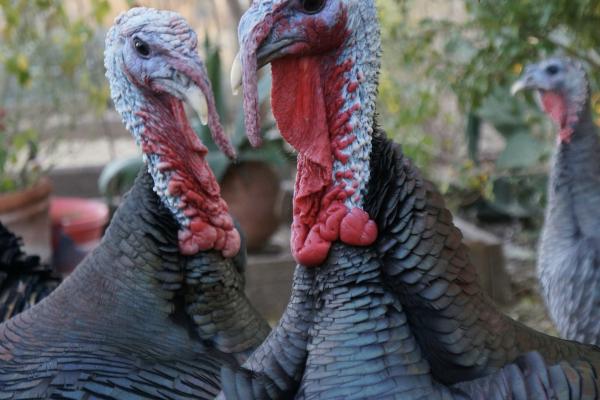Newly funded: University scientists to study whether dairy calves suffering diarrheal disease recover more quickly with hypotonic vs. standard rehydration solution
February 24, 2022

When dairy calves suffer diarrheal disease early in life, calf managers and veterinarians turn to oral rehydration solutions in an attempt to reverse the disease and stave off future health issues. Treatment is critical from an animal health and stewardship standpoint, but also from an economic loss standpoint for the farms on which they occur and for the dairy industry generally.
Commercial rehydration solutions are formulated to correct electrolyte abnormalities, dehydration, and blood pH levels, but most are also hypertonic—meaning they can lead to further fluid losses in the intestine and prolong recovery.
Recently, a team of University of Minnesota researchers received new funding to assess whether a hypotonic rehydration solution—which better aligns with normal cellular function and is often used in other neonatal species like human babies—might lead to a faster recovery in a field setting. These types of trials on commercial farms are particularly important as they let researchers understand how products perform in a real-world setting.
 The team is enrolling 400 pre-weaned calves with diarrheal disease into a randomized control field trial. Two-hundred calves will receive a hypotonic rehydration solution produced by Dutch animal and livestock nutrition company Trouw Nutrition; another 200 will receive a hypertonic solution more similar to what is commonly used to treat calf diarrhea.
The team is enrolling 400 pre-weaned calves with diarrheal disease into a randomized control field trial. Two-hundred calves will receive a hypotonic rehydration solution produced by Dutch animal and livestock nutrition company Trouw Nutrition; another 200 will receive a hypertonic solution more similar to what is commonly used to treat calf diarrhea.
The treatments will be given for three days and the calves will be monitored for another seven. The researchers, in the College of Veterinary Medicine, will evaluate their findings based on days to recovery as measured by daily fecal and dehydration scores, average daily weight gain after 10 days, and other factors. Calves will be considered recovered from the disease if they maintain an adequate fecal score for at least two consecutive days.
The scientists suspect those calves treated with the hypotonic solution will have a shorter recovery period, a higher average daily weight gain, a reduced risk of treatment failure, and a more balanced pH than those calves treated with the hypertonic solution. The field study, funded by Trouw Nutrition, began enrolling calves in January and will run through October of this year.


